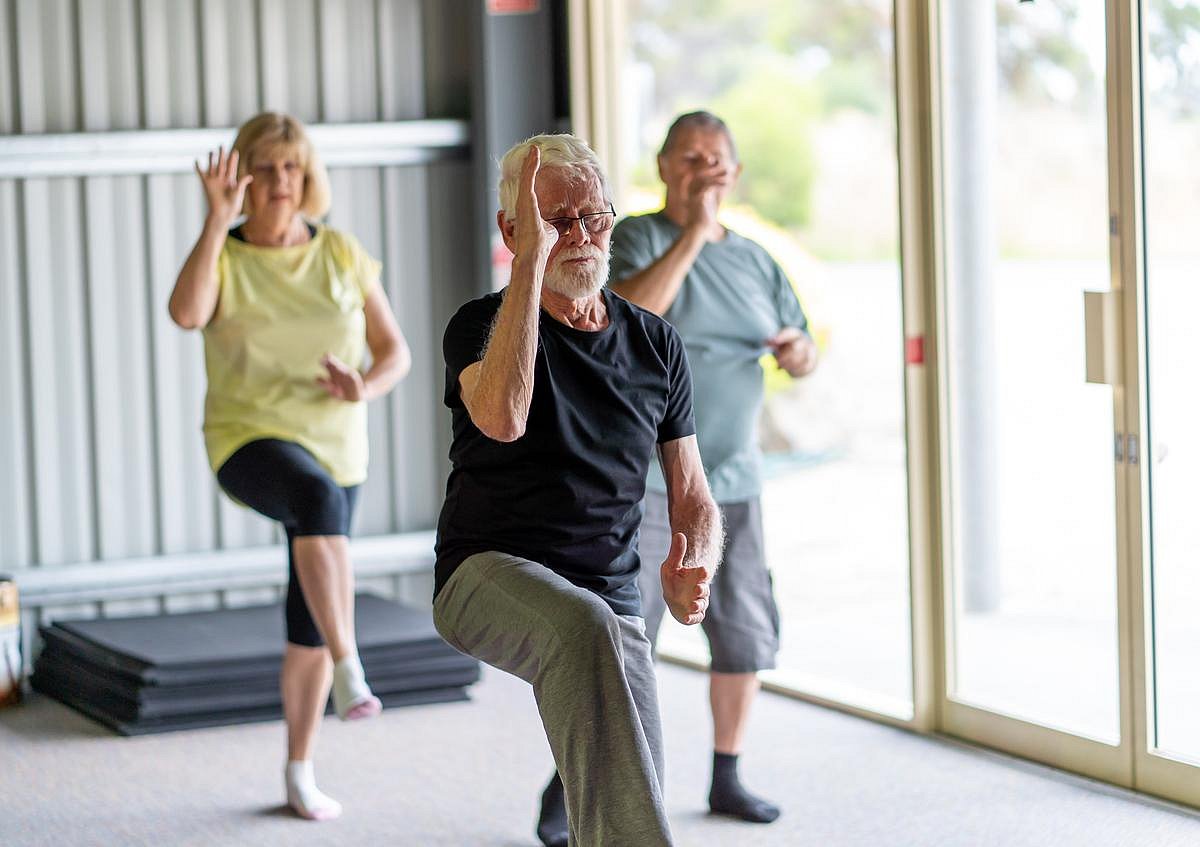Get Healthy!

- Ernie Mundell
- Posted July 30, 2025
Over 60? Healthy Lifestyle Change May Help Boost Your Brain
Two years’ involvement in programs focused on healthy eating, regular exercise and “brain training” exercises appears to have helped a wide range of older adults — even those at heightened risk for Alzheimer’s — avoid cognitive decline, a new study finds.
The findings, presented Monday at the Alzheimer’s Association International Conference in Toronto, “encourage us to look at the potential for a combination of a lifestyle program and drug treatment as the next frontier in our fight against cognitive decline and possibly dementia,” said Dr. Joanne Pike, president of the Alzheimer’s Association.
The research, known as the U.S. Study to Protect Brain Health Through Lifestyle Intervention to Reduce Risk (U.S. POINTER), is funded by the association.
The study involved more than 2,100 people aged 60 to 79 who were enrolled at five academic centers across the U.S.
To qualify for enrollment, people had to have had certain risk factors for cognitive decline — a sedentary lifestyle, a “suboptimal” diet, poorer heart and metabolic health, and a family history of memory impairment.
These at-risk individuals were then asked over two years to help turn some of those risk factors around.
For example, they were asked to abandon their previously unhealthy diets and adopt the MIND diet, known to be especially beneficial for the brain.
They were also asked to get off the couch and meet fitness goals focused on aerobic, resistance and stretching exercises.
Finally, participants were asked to regularly exercise their brains, via daily “cognitive challenges” (using a program called BrainHQ training), plus other intellectual and social activities.
Participants met regularly with a staff clinicians to check in on their progress with various aspects of the program, via 38 “peer meetings” held over the two years of the study.
A second group was involved in similar programs but in a less structured, more self-directed way. Only six team meetings were held, which encouraged “self-selected lifestyle changes that best fit their needs and schedules," the Alzheimer's Association said.
In all, 89% of participants stuck with the program to the end.
The results for brain health were impressive, Pike said.
When it came to to protecting people from normal, age-related declines in brainpower, “the intervention was effective across a broad, representative group — regardless of sex, ethnicity, APOE genetic risk or heart health status — demonstrating its applicability and scalability for communities across the country,” she said. (Certain forms of the APOE gene can put people at lower or higher risk for Alzheimer’s dementia.)
The researchers reported a statistically significant rise in participants’ "global cognitive composite scores" over the two years. These are scores of overall cognitive health that incorporate factors such as memory, attention, language abilities and executive function, skills that help people multitask and plan.
The benefit was more pronounced among those who took part in the more structured form of the program.
One expert stressed that the brain-preserving benefits occurred without the help of any pharmaceuticals.
“The next generation of treatments for diseases like Alzheimer’s will likely integrate drug and non-drug strategies,” said Heather Snyder, the Alzheimer’s Association study’s primary investigator and senior vice president of medical and scientific relations.
Pike agreed.
“As the burden of dementia grows worldwide, U.S. POINTER affirms a vital public health message: healthy behavior has a powerful impact on brain health,” she said.
More information
Find out more about brain health at the Mayo Clinic.
SOURCE: Alzheimer’s Association, news release, July 28, 2025




